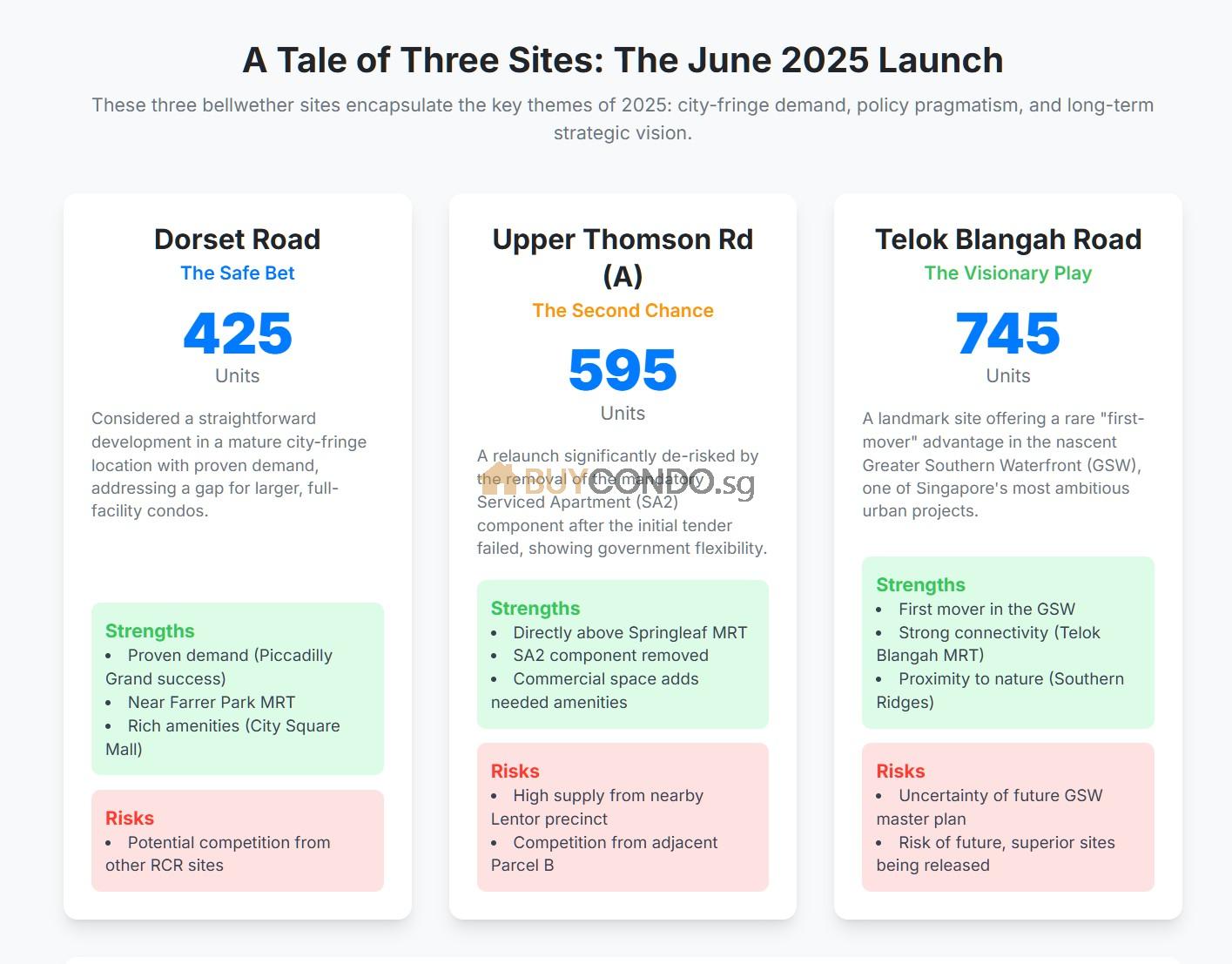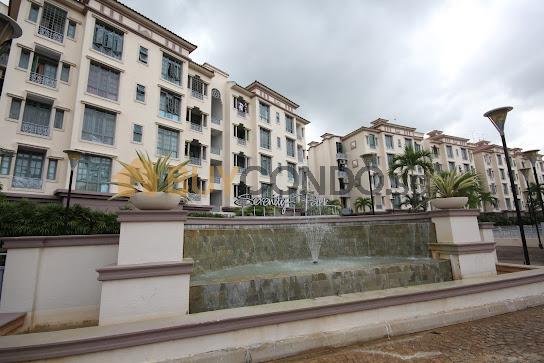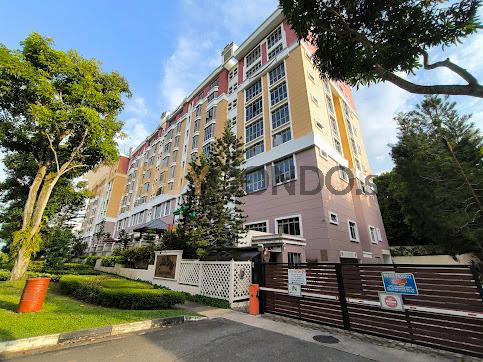Demystifying Property Laws in Singapore: A Comprehensive Guide
Demystifying Property Laws in Singapore: A comprehensive guide to property ownership, purchase laws, land acquisition, regulations, and foreign ownership, providing valuable insights for successful property transactions in Singapore.
Understanding Property Ownership in Singapore
Understanding the different types of property ownership in Singapore is crucial for both residents and foreign individuals interested in real estate transactions. Freehold estates, for example, offer indefinite ownership and the ability to pass the property onto successors, making them an attractive option for many property buyers. In contrast, leasehold estates are granted in terms of 999-year or 99-year leases, with the land belonging to the State and leased to the lessee. This distinction is important for individuals looking to invest in properties such as HDB flats, which are sold on 99-year leases, or private properties like condos, which are available in all leasehold types.
An example that illustrates the significance of understanding property ownership types is when a foreign individual is considering purchasing a condo in Singapore. By knowing that private properties are sold in various leasehold types, they can make an informed decision about the type of property that aligns with their long-term investment goals and preferences. Additionally, understanding the differences between freehold and leasehold estates enables individuals to plan for the transfer of assets to their successors, providing clarity and peace of mind regarding their property’s future ownership.
Expanding on the concept of property ownership in Singapore, it’s essential to recognize the significance of estates in perpetuity. These estates are created by a grant of land to an individual by the State, subject to terms and conditions. Understanding the implications of estates in perpetuity is vital for individuals looking to secure long-term land rights in Singapore, as it provides insights into the specific legal obligations and entitlements associated with this type of property ownership.
Exploring Property Purchase Laws in Singapore
The Residential Property Act in Singapore plays a vital role in regulating property ownership for foreign individuals. This Act imposes restrictions on foreign individuals purchasing private property in the country. However, it’s essential to note that amendments made to the Act in 2005 have provided some leeway for foreign citizens. For instance, the amendment allows foreign citizens to purchase certain types of apartments without the need for approval from the Singapore Land Authority. This change reflects the government’s efforts to make the real estate market more accessible to foreign individuals and to promote foreign investment in the property sector.
Moreover, foreign citizens aiming to acquire property in Singapore must adhere to specific conditions to qualify for property purchases. These conditions include only purchasing approved condominium developments and leased real estate in restricted residential property. For example, when considering the purchase of private property, foreign individuals must ensure that the property falls within the approved categories, and they must comply with the leasehold terms and conditions set by the authorities. Understanding these regulations is crucial for foreign individuals seeking to invest in Singapore’s real estate market, as it determines the eligibility and options available to them when making property purchases.
To further elaborate on the impact of the Residential Property Act, it’s important to consider the significance of the restrictions imposed on foreign individuals. These restrictions are designed to maintain the stability of the property market in Singapore and to safeguard the interests of local residents. By limiting the types of property that can be purchased by foreign individuals and implementing specific conditions for eligibility, the government aims to ensure that the property market remains accessible and affordable for local citizens, thereby promoting social equity and stability in the real estate sector.
 Understanding Land Acquisition Laws in Singapore
Understanding Land Acquisition Laws in Singapore
The Land Acquisition Act in Singapore plays a crucial role in facilitating the compulsory acquisition of private land for public purposes. This act empowers the government to acquire land for essential public projects such as the construction of roads, schools, and other infrastructure. For example, if the government needs to build a new highway that passes through private land, the Land Acquisition Act allows for the acquisition of the land from the private owners for the greater public good.
Moreover, the Act ensures that landowners who are expropriated for public use are compensated at market value. This compensation is essential to ensure that the affected landowners are fairly remunerated for the loss of their property. For instance, if a piece of land is acquired to build a new public park, the landowner is entitled to compensation equivalent to the current market value of the land. This ensures that the landowners are not unfairly disadvantaged by the compulsory acquisition and that they can move forward with their lives despite the loss of their property.
To further illustrate the significance of the Land Acquisition Act, it’s essential to consider its role in promoting public welfare and development. By providing the government with the legal means to acquire land for crucial public projects, the Act contributes to the advancement of infrastructure, urban planning, and community development in Singapore. It enables the government to address the evolving needs of the population by securing land for essential facilities and amenities, fostering sustainable growth and progress in the country.
Land law in Singapore is based on a rich history of English land law, which was initially received through the Second Charter of Justice in 1826. This historical foundation has laid the groundwork for the legal framework that governs land ownership and transactions in the country. The Application of English Law Act 1993 further solidified the continuation of English law in Singapore, ensuring that the legal principles and precedents would persist to guide land-related matters.
An example of the application of land laws and regulations in Singapore can be seen in the establishment of the Singapore Land Authority in 2001. This organization plays a pivotal role in overseeing land-related affairs, including land acquisition, registration, and development. It serves as a central entity that manages and regulates various aspects of land matters, ensuring the proper administration and enforcement of property laws.
Additionally, the historical underpinnings and the contemporary institutions responsible for land laws and regulations in Singapore exemplify the meticulous approach taken to ensure the effective governance of land ownership and transactions. Understanding the intricacies of these laws and regulations is paramount for individuals and entities engaging in property-related activities within the country.
Expanding on the historical context of land laws in Singapore, it’s crucial to recognize the significance of the Torrens system of land registration, which was implemented in the country in 1956. This system provides a reliable and efficient framework for registering land titles, ensuring transparency and security in property ownership. The implementation of the Torrens system has played a pivotal role in modernizing the land registration process, enhancing the reliability of land title records, and providing greater confidence to property owners and investors in Singapore.
 Public Housing and Property Laws in Singapore
Public Housing and Property Laws in Singapore
In Singapore, public housing is a significant aspect of the property landscape, overseen by the Housing and Development Board (HDB). The HDB plays a crucial role in providing affordable and quality housing for the citizens of Singapore, contributing to the nation’s social and economic development. With a vision of building endearing towns, the HDB has been instrumental in transforming Singapore into a modern and liveable city. One notable feature of public housing in Singapore is the provision of amenities and facilities within HDB estates, including schools, supermarkets, clinics, and recreational areas, contributing to the holistic well-being of residents.
Moreover, the Executive Condominium Scheme Act was introduced to cater to the aspirations of Singaporeans for private property ownership. Under this scheme, eligible Singaporeans have the opportunity to own a condominium with facilities and amenities similar to private condominiums, at a more affordable price. The Act outlines the conditions and regulations governing the purchase and ownership of executive condominiums, ensuring that the housing needs of Singaporeans are met while maintaining a balanced property market. By offering an attractive alternative to private property ownership, the Executive Condominium Scheme Act has contributed to the diversification of housing options in Singapore, catering to the varying needs and preferences of its residents.
As a result, the public housing and property laws in Singapore reflect the government’s commitment to providing sustainable, inclusive, and well-planned housing solutions for its citizens, ensuring a high standard of living and promoting social cohesion. Understanding these laws is essential for individuals interested in owning property in Singapore, whether in the public or private housing sector. It is imperative for prospective property owners to be aware of the regulations and eligibility criteria associated with public housing and private property ownership to make informed decisions and navigate the property landscape effectively.
Expanding on the significance of public housing in Singapore, it’s essential to recognize the impact of the HDB’s initiatives on the socio-economic development of the country. The provision of affordable and quality housing has not only improved the living standards of Singaporeans but has also contributed to the overall stability and inclusivity of the society. By addressing the housing needs of diverse demographics and income groups, the HDB has played a pivotal role in fostering a cohesive and harmonious community, reflecting the government’s commitment to social welfare and equitable development.
Private Developments and Property Laws in Singapore
In Singapore, the Land Titles Act plays a crucial role in governing property ownership and transactions. This act provides for the registration of mortgages and charges, ensuring that all financial interests in a property are properly recorded and legally recognized. For example, when an individual or entity takes out a mortgage to finance the purchase of a property, the details of this mortgage are registered under the Land Titles Act, providing transparency and legal protection for all parties involved.
Furthermore, the Housing Developers (Control and Licensing) Act and the Sale of Commercial Properties Act are instrumental in regulating the sale of properties by developers in Singapore. These laws are designed to safeguard the interests of property buyers and maintain the integrity of real estate transactions. For instance, the Housing Developers (Control and Licensing) Act sets out strict guidelines and requirements for property developers, ensuring that they adhere to high standards of professional conduct and financial accountability when selling properties to the public. This aims to protect buyers from unfair practices and promote confidence in the real estate market.
Understanding the provisions of these acts is essential for individuals, developers, and investors involved in property transactions in Singapore, as compliance with these regulations is a fundamental aspect of conducting real estate business in the country. It is advisable for anyone engaging in property transactions to seek legal advice to navigate the intricacies of these laws effectively and ensure full compliance with the legal requirements. For detailed information and expert guidance on these property laws, individuals can explore the resources available on the Singapore Legal Advice website.
Building on the importance of property laws in private developments, it’s essential to recognize the role of these laws in promoting consumer protection and market transparency. By regulating the sale of properties by developers and ensuring compliance with high standards of conduct, these laws contribute to the integrity and credibility of the real estate sector in Singapore. They provide a legal framework that safeguards the interests of property buyers, fosters fair and ethical practices in property transactions, and upholds the overall trust and confidence in the property market.
Foreign Ownership and Property Laws in Singapore
In Singapore, foreign individuals face restrictions when purchasing private property. The Residential Property Act imposes limitations to encourage Singapore citizens to buy real estate at reasonable prices and to attract foreign citizens and companies to invest in Singapore. For instance, the Act was amended in 2005 to allow foreign citizens to purchase certain types of apartments without the need for approval from the Singapore Land Authority. However, to qualify for property purchases, foreign citizens must satisfy specific conditions, such as buying only approved condominium developments and leased real estate in restricted residential property.
Furthermore, the Land Acquisition Act in Singapore empowers the government to make compulsory purchases of private land for public purposes, with landowners being compensated at market value. This act is significant in ensuring that land can be acquired for essential public projects, such as the development of infrastructure, public amenities, and other government initiatives. Understanding the legal framework for land acquisition is crucial for both property owners and potential buyers.
Expanding on the impact of foreign ownership and property laws in Singapore, it’s important to consider the broader implications of these regulations on the country’s real estate market and economic landscape. By implementing restrictions on foreign property ownership and empowering the government to make compulsory land acquisitions, Singapore aims to strike a balance between attracting foreign investment and preserving the stability and affordability of the local property market. These measures are designed to protect the interests of local residents, promote sustainable development, and maintain a competitive yet equitable real estate sector in the country.
Managing Real Estate Transactions in Singapore
When it comes to real estate transactions in Singapore, they are commonly funded by institutional lenders like banks and finance companies. For instance, a buyer may secure a mortgage from a bank to finance the purchase of a property, and this is a standard practice in the real estate market in Singapore. The involvement of institutional lenders plays a crucial role in facilitating property transactions and promoting a healthy real estate market in the country.
Moreover, it’s important to note that the owner or occupier of a property may assume liability for matters related to the real estate, even if these issues existed before the property was acquired or occupied. This means that individuals must conduct thorough due diligence before purchasing or occupying a property to understand any potential liabilities they may inherit. It also underscores the significance of seeking legal advice and guidance to navigate real estate transactions effectively, ensuring that buyers and occupants are well-informed about their rights and responsibilities.
In addition to the involvement of institutional lenders, real estate transactions in Singapore often involve complex contractual arrangements and legal considerations. It is essential for individuals and entities engaging in property transactions to seek professional legal advice to navigate the legal intricacies, ensure compliance with regulatory requirements, and protect their interests throughout the transaction process. By engaging legal professionals with expertise in real estate law, buyers, sellers, and investors can mitigate potential risks and uncertainties, fostering a smooth and legally sound real estate transaction experience.
 Conclusion: Importance of Understanding Property Laws in Singapore
Conclusion: Importance of Understanding Property Laws in Singapore
Understanding property laws in Singapore is essential for navigating the complex landscape of property transactions in the country. Whether it’s determining the different types of property ownership, understanding the restrictions on foreign property purchases, or comprehending the laws and regulations governing property rental, having a solid grasp of property laws is indispensable. For instance, knowing the different types of property ownership in Singapore, such as freehold estates, leasehold estates, and estates in perpetuity, can help individuals make informed decisions about the type of property they want to invest in. This knowledge can also be instrumental in understanding the implications of each type of ownership on long-term property planning and inheritance.
Moreover, being well-versed in property laws allows individuals to navigate the restrictions imposed on foreign individuals purchasing private property in Singapore. Understanding the conditions that foreign citizens must satisfy to qualify for property purchases, including the types of approved condominium developments and leased real estate in restricted residential property, can help potential investors make informed decisions about property acquisition in Singapore. Additionally, having a good understanding of the Land Acquisition Act and the extensive powers the government has for the compulsory acquisition of land, along with the compensation mechanisms for landowners expropriated for public use, is vital for both property owners and potential buyers.
In conclusion, to ensure successful property transactions and investments in Singapore, individuals must have a comprehensive understanding of property laws, regulations, and ownership types.
 Call to Action
Call to Action
Explore the intricacies of property laws in Singapore Whether you are a local or a foreign individual navigating the complexities of property ownership, rental laws, or real estate transactions in Singapore speak to BUYCONDO and with make the recommendations to you accordingly.
Specific property-related queries and challenges and leveraging on our expertise, individuals can effectively safeguard their rights and interests in property transactions and tenancy matters, ensuring a smooth and legally compliant process.














